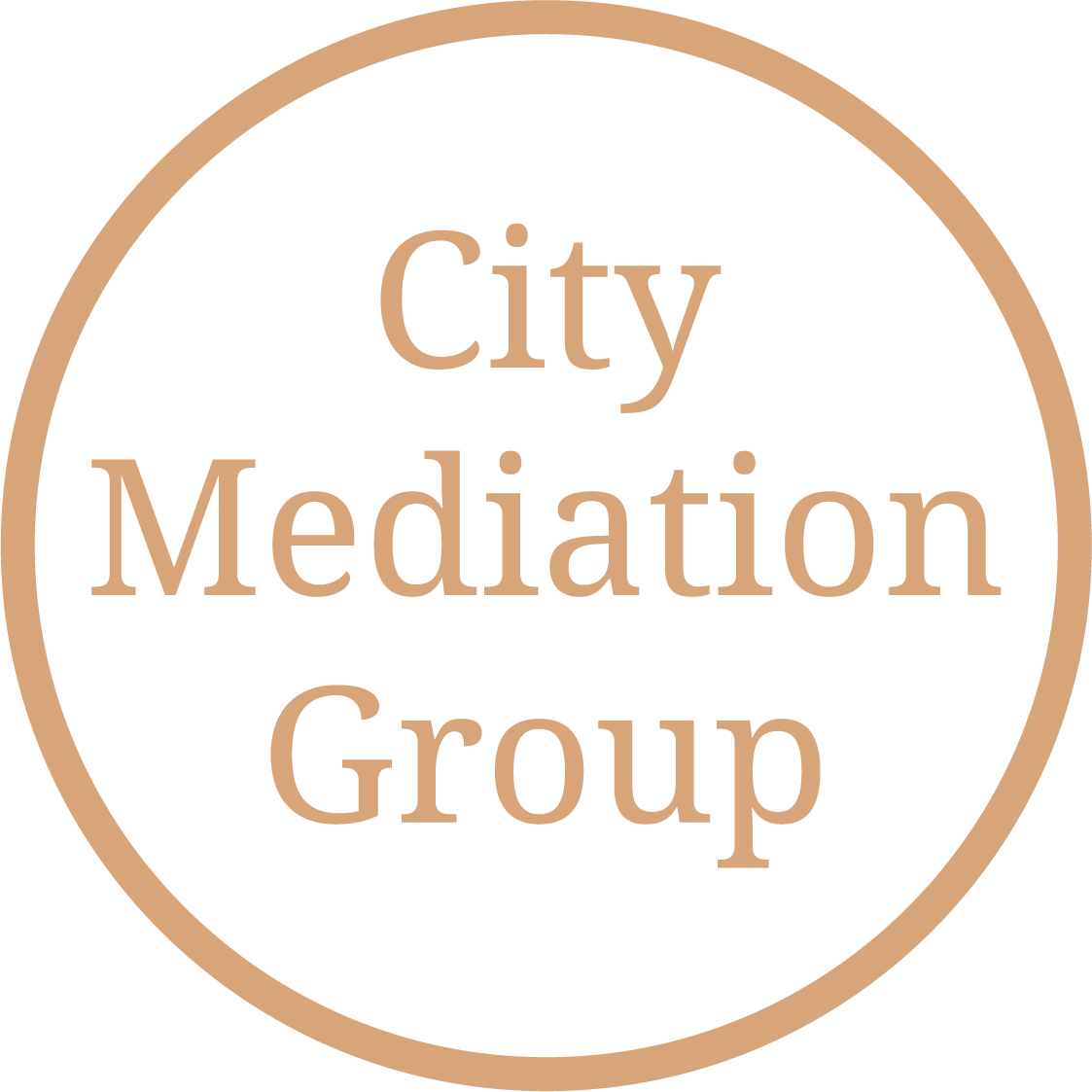What Is Mediation?
Mediation is a structured process in which an independent and impartial third party assists those in dispute to reach a resolution.
The mediator facilitates dialogue, helps the parties identify the real issues in dispute, and supports them in working towards an agreement on their own terms. Unlike a judge or arbitrator, the mediator does not impose an outcome.
Mediation has grown significantly in recent years, not only because courts are increasingly encouraging its use, but because businesses and individuals alike recognise the advantages it brings.
The Principles of Mediation
Without Prejudice
Everything about mediation is
confidential and without prejudice. This creates an open space to explore and discuss all possible solutions.
Impartial
As mediators, we are independent and work impartially. We are here to assist, not to judge, and to test ideas, not to direct outcomes.
Confidential
Mediation is focused on resolution not blame. An energetic, curious and confidential discussion moves participants from repetition to action and resolution.
Voluntary or Court Ordered?
Mediation can be voluntary and considered at any time from the origin of a dispute to the trial itself. Since October 2024 the Civil Procedure Rules have increased the Court’s powers to instruct parties to a dispute to engage in Alternative Dispute Resolution, one form of which is
mediation.
City Mediation Group accept instructions at any stage of a dispute, and will work with parties in litigation to facilitate mediation dates at short notice if court orders are in place. (Please see our Resources page for more information on the CPR and cases since these amendments came into effect.)
The Mediation Process
While every mediation is different, the process typically follows these stages:
1. Initial Enquiry
A confidential call to explain how the process works and to answer questions.
At this stage, we request only limited information, preserving neutrality and avoiding conflict issues.
2. Agreement to Mediate
If the parties choose to proceed, a mediation agreement is signed.
We then hold preparatory discussions with the participants, their lawyers and any other advisers.
3. Preparation
Each party may provide a short statement summarising their position.
We often encourage a simple summary of what is agreed, what is disputed and what outcomes are sought.
4. The Mediation Day
The process is bespoke to your needs.
Opening session: the participants may meet together to outline their perspectives and goals.
Private sessions: the mediator will meet separately with each party, exploring issues and possible solutions in confidence. Nothing is disclosed to the other party without consent.
We will facilitate additional meetings with and between some or all attendees to help move matters forward.
5.Settlement
If agreement is reached, the terms are recorded in a binding settlement agreement signed by the parties.
